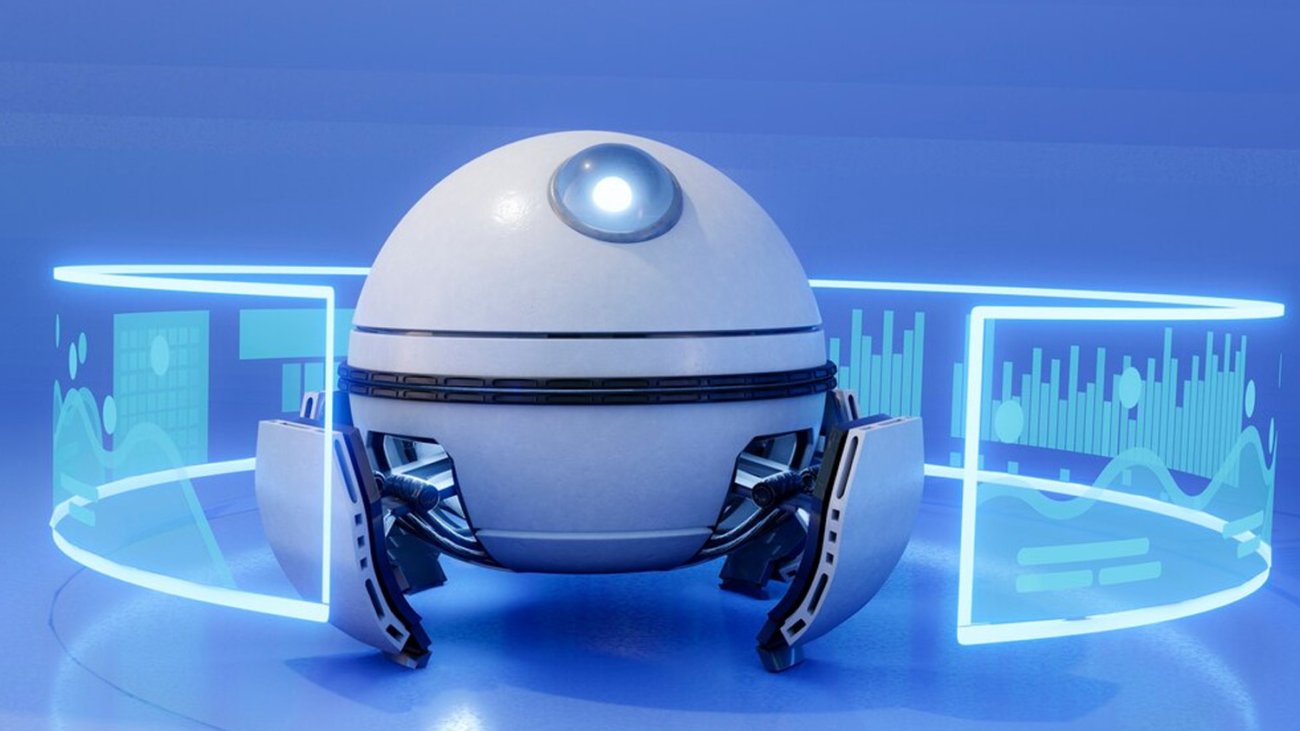The term “agentic AI” leads the front stage in the fast-expanding artificial intelligence field. As more tools appear on the market, there is an increasing need to differentiate between current solutions and those ready to redefine what artificial intelligence can accomplish. Partners at Menlo Ventures, a venture capital firm known for supporting AI firms like Anthropic, examine in a series of recent blog entries “the next wave of agents” and how they will challenge present approaches.
What renders an artificial intelligence "agentic"?
The authors describe fully autonomous agents by four characteristics that, taken together, lead to full agentic capability: reasoning, external memory, execution, and planning. This precise characterization prepares one to grasp how future AI agents will differ from the current tools.
The writers contend that today’s big language models (LLMs)—created by OpenAI and Anthropic—fall short of this objective. Although these models can employ technologies to help with particular activities, they lack the liberty to choose how to handle those chores. “To be clear, the autonomous agents of tomorrow might have all four building blocks, but today’s LLM apps and agents do not,” they say.
Agentic artificial intelligence moves from tool use to genuine autonomy in what ways?

In their inaugural blog post, then their inaugural blog post, the Menlo Ventures partners investigate what it means for artificial intelligence to be “agentic. “The program has to learn autonomy in choosing the optimal actions to address a particular issue to become agentic. “Agents emerge when you place the LLM in the control flow of your application and let it dynamically decide which actions to take, which tools to use, and how to interpret and respond to inputs,” they observe.
The authors note that tool utilization alone does not make an AI agentic; even today’s LLMs can use external programs or “tools” to solve problems. “Although [it] cannot be regarded as ‘agentic,’ tool use is powerful. The application defines the logical control flows as pre-defined,” they note. Artificial intelligence needs to be able to address the current challenge and choose which instruments to use if it is agentic. Its agency depends mainly on its capacity for autonomous decision-making.
What are the several phases of agentic artificial intelligence development?
The writers map the development of agentic artificial intelligence from simple decision-making systems to more advanced autonomous agents. These phases show how artificial intelligence could progressively develop into potent agents to manage challenging tasks.
Describe decision-making agents.
Agentic artificial intelligence starts with what the writers term a “decision agent.” These systems select from a set of predetermined rules based on a big language model, which determines which instrument the agent should use to accomplish a task. Anterior, a startup in healthcare software, is cited as a decision system whereby artificial intelligence chooses which rules to follow depending on the situation.
What Agents on Rails are?
Rising above decision-making agents is the “agent on rails,” assigned higher-level objectives to complete. For instance, an “agent on rails” might be assigned to reconcile an invoice with a general ledger, a more difficult task requiring the agent to decide which set of guidelines to apply. Such agents’ adaptability lets them work more autonomously; several startups follow this path.
What is General Artificial Intelligence Agents' "Holy Grail"?
The “general AI agent,” the authors define as the holy grail of autonomous systems, is at the height of agentic artificial intelligence. These agents have dynamic thinking and the capacity to create custom code, enabling them to “subsume” a firm’s whole rulebook. Still under development, this method is best shown by Devin, the AI tool created by the startup Cognition.
Essential traits of these sophisticated agents include “active reasoning” and “custom code generation,” which helps them make judgments, solve problems, and even generate ideas catered to the company’s particular requirements. Though this degree of autonomy is still a target for the future, it shows the path agentic artificial intelligence is heading.
How might agentic artificial intelligence affect businesses?
The writers of their second blog post discuss how agentic artificial intelligence will be used in companies. The Menlo Ventures partners claim that the immediate effect will be a shift away from basic robotic process automation (RPA), which usually substitutes software for mundane human chores. Well-known vendors of such technologies include companies like UiPath and Zapier; agentic artificial intelligence goes one step further.
The writers say, “Decision agents and agents on rails find practical applications in business tasks, such as reconciling supplier invoices to a general ledger.” Beyond basic task automation, these more sophisticated agents can manage challenging decision-making processes that require more flexibility.
Although the field of agentic artificial intelligence is still developing, the writers underline that businesses—from startups to Fortune 500 companies—are using these systems massively. “They aren’t only science fiction, either,” they note. Companies are already using these technologies to increase output and simplify processes.
What main obstacles does Agentic AI face?
The authors admit two main constraints that could impede the advancement of agentic artificial intelligence, notwithstanding the enthusiasm around it.
How Should AI Handle Hallucinations?
One of the main unresolved concerns is hallucinations—erroneously confident false outputs. AI bots may still produce erroneous outputs using tools or reason, which would provide significant difficulties. “The question of whether or not decision agents and agents on rails minimize hallucinations is an open research question,” the authors observe.
Can Agentic AI Generate Perfect Results?
Agentic artificial intelligence raises the issue of whether these systems will always yield desired outcomes even if they can automate jobs without producing mistakes. “An agent that is not wrong in its reasoning or actions can still lead to outcomes that are suboptimal versus what a person would do,” the authors note.
One well-known instance of this problem is contained in the book AI Snake Oil by Princeton computer science professors Arvind Narayan and Sayash Kapoor. The book addresses an artificial intelligence model tracking the medical history of people with asthma who present with pneumonia symptoms. The algorithm proposed releasing these patients as it determined they were low-risk but neglected to include the fact that they were getting emergency treatment. Discharge them, and you can have disastrous results.
According to Narayan and Kapoor, artificial intelligence models may prioritize correlation over causality, leading to less-than-ideal or dangerous results in intricate, real-world events. This reminds us that although agentic artificial intelligence can make decisions, its capacity to grasp causation still presents a great difficulty.
Future Collaboration amongst AI Agents:
Furthermore, the possibility of cooperation among artificial intelligence agents is crucial and needs to be addressed by the writers. Agentic artificial intelligence might develop from networks of agents cooperating instead of one agent handling all chores. The capacity of AI agents to cooperate could result in far more robust solutions for businesses and even greater capacities.
As artificial intelligence technology develops, these systems of cooperating agents could revolutionize sectors and redefine company operations. The evolution of really agentic artificial intelligence marks an interesting horizon in artificial intelligence that promises both significant possibilities and difficulties in the following years.

